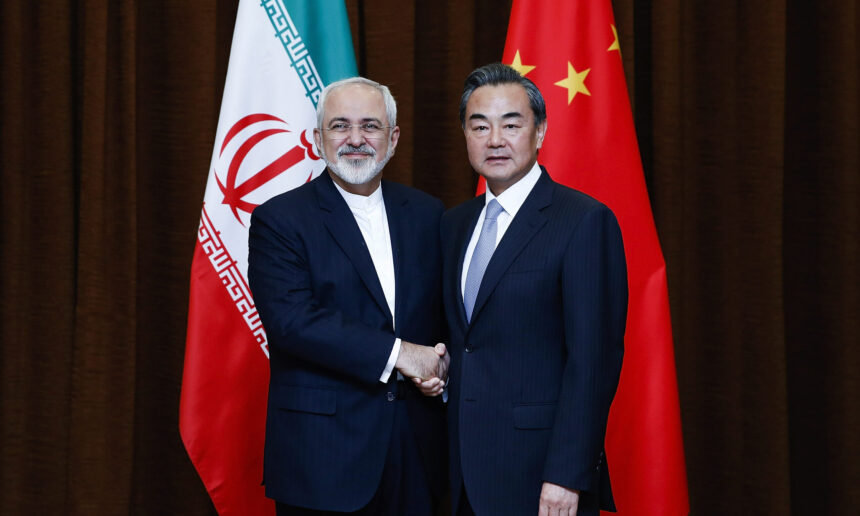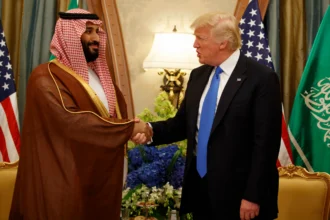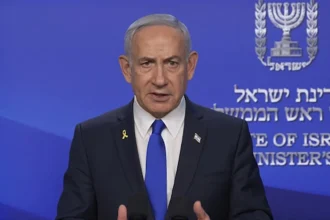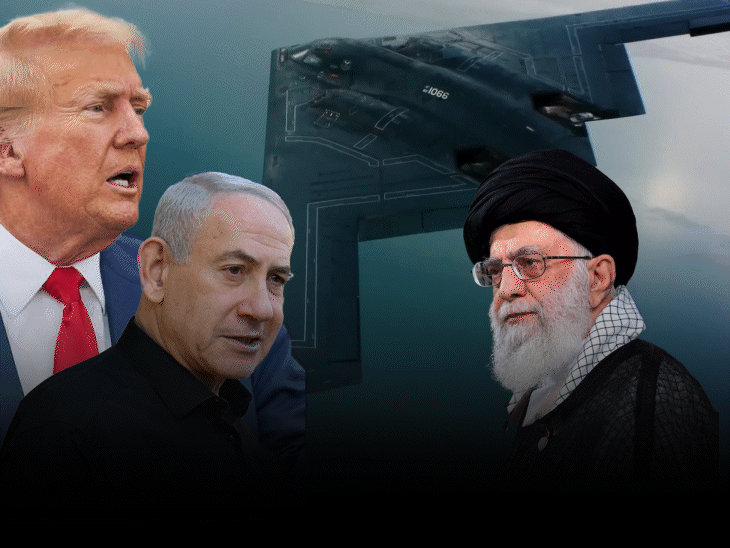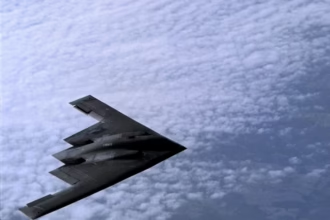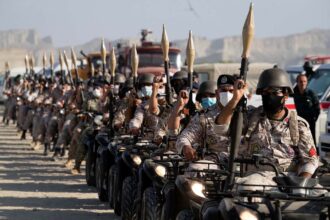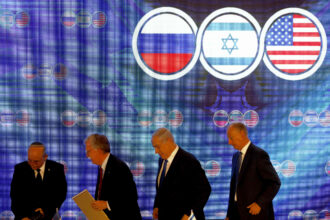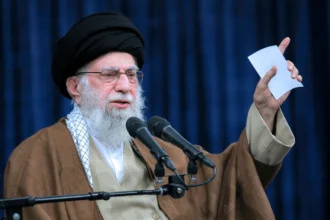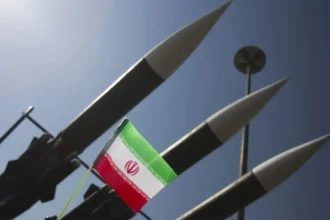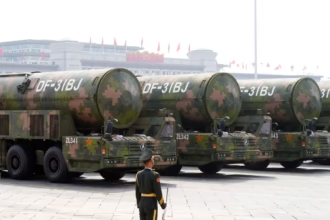As tensions escalate in the Middle East and Iran’s geopolitical isolation deepens, Beijing faces a pivotal foreign policy dilemma: Should China maintain its long-held principle of non-intervention, or shift toward a more assertive, strategic engagement in the region?
For decades, China’s foreign policy doctrine has been defined by a hands-off approach—avoiding entanglements in the domestic affairs of other nations while expanding its global economic footprint. This principle has served China well, allowing it to build partnerships with countries across ideological spectrums without political friction.
However, Iran presents a unique challenge. A key player in China’s Belt and Road Initiative (BRI) and a major supplier of energy, Iran is also a flashpoint for Western sanctions and regional instability. The recent uptick in U.S.-Iran tensions, coupled with potential threats to the Strait of Hormuz—through which a significant portion of China’s oil imports flow—has elevated Iran’s strategic importance for Beijing.
China’s recent actions suggest a potential recalibration. In 2021, it signed a 25-year cooperation agreement with Iran, pledging $400 billion in investments in exchange for stable energy supplies. Additionally, China has played a behind-the-scenes role in de-escalating regional tensions, such as brokering the Saudi-Iran normalization deal.
Yet full abandonment of its non-interventionist stance would mark a dramatic shift. Doing so could expose China to new security risks and diplomatic backlash, particularly from the West. It would also set a precedent that Beijing has long sought to avoid—taking sides in volatile political conflicts.
Still, voices within China’s foreign policy establishment argue that the world has changed. As a global superpower with strategic interests on every continent, China can no longer afford to remain neutral in all cases. Iran could be the test case that defines the next era of Chinese diplomacy.
The coming months will be critical. If China takes more overt steps—such as military coordination, deeper intelligence sharing, or public backing of Iranian positions—it could signal the end of non-interventionism as we know it.
For now, the world is watching to see whether China will continue walking the diplomatic tightrope—or leap decisively into a new, interventionist chapter.

